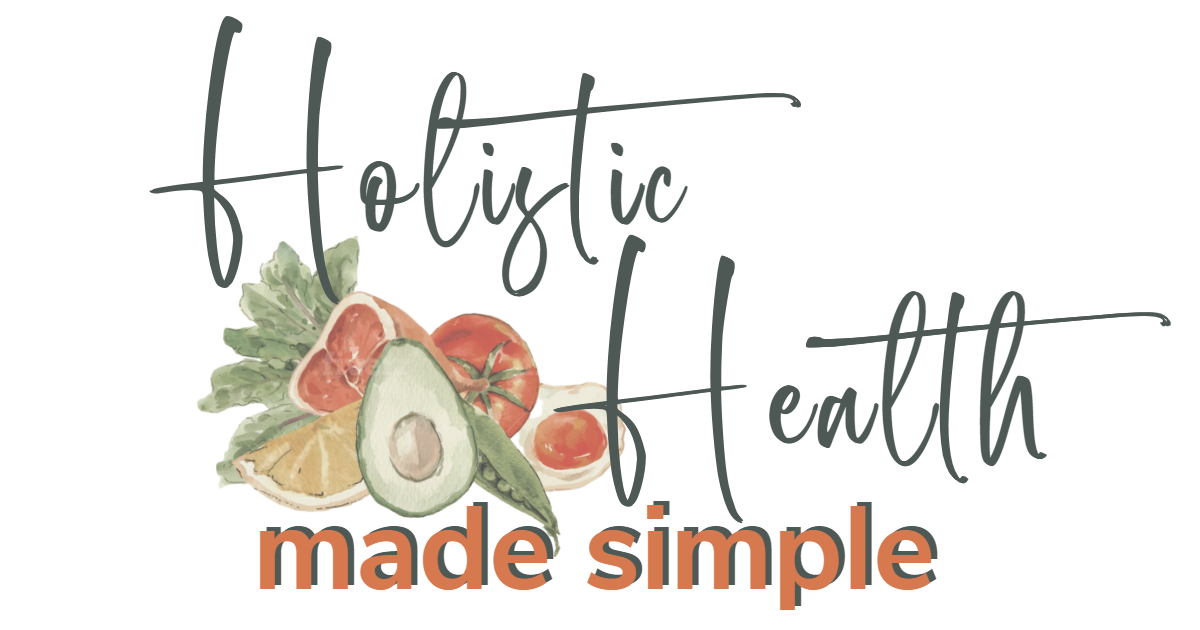Food Freedom: Empowering Yourself with the Power of Choice
Food freedom is a term commonly thrown around flippantly. It evokes a range of emotions and desires. The idea of having food freedom is more than simply being able to eat everything and still lose weight. It is about taking control of your relationship with food, where you are in charge instead of being controlled by the constant thoughts and pull of food. Let’s explore food freedom, its connection to emotional behaviors, and how you can achieve it through a combination of nourishing your body and embracing the power of choice.
What is Food Freedom:
Food freedom is about being in control of your food choices and not allowing food to dictate your actions and emotions. It involves recognizing the foods that trigger you to lose control. These might be the items you find yourself finishing in one sitting or the ones that lead you to leave your home just to satisfy a craving. Gaining control over these foods may require restricting or eliminating them from your diet.
Packaged Junk Food:
Packaged junk food is formulated to make you crave more. It triggers the reward centers in your brain, leading to a desire for more. While some argue that food addiction is not the same as substance addiction, it’s clear that our relationship with food can be emotionally and somewhat chemically driven. Many of us seek a dopamine hit from food, using it as a source of comfort or pleasure. If thoughts of food consume your day, whether it’s wondering about your next meal or fixating on foods you gave up during a diet, you need to work on getting free from food.
The Physical and Mental Aspects:
Achieving food freedom involves addressing both the physical and mental aspects of your relationship with food. From a physical standpoint, nourishing your body with whole, nutrient-dense foods will help reduce cravings. When your body receives the essential vitamins, nutrients, and minerals it needs, excessive cravings tend to diminish. As you work on nourishing your body and gaining physical control over cravings, it’s important to address the mental aspect as well.
The Power of Choice is Empowers Food Freedom:
Taking back the power over your food choices is needed to attain food freedom. Begin by reframing your mindset and language. Instead of saying, “I can’t eat that,” say, “I choose not to eat that.” By changing the narrative to choice you gain control over handing it over to food.
This process takes practice and time, but gradually shifting your perspective from restriction to active choice can transform your relationship with food. You have the ability to choose what you put into your body and how you nourish yourself. When you recognize that your choices are your own and not dictated by external factors, everything shifts. Whether you work with a healthcare professional or follow expert advice, remember that it is your choice to do so. By reframing recommendations as choices you make, you regain control and maintain your food freedom.
To Wrap It Up:
Food freedom is about taking control of your relationship with food and making conscious choices that empower you. It goes beyond the idea of eating everything and still losing weight. Achieving food freedom requires addressing both the physical and mental aspects of your relationship with food. Nourishing your body with whole, nourishing foods can reduce cravings, while empowering yourself with the power of choice allows you to regain control and maintain your freedom over food. Remember, each person’s journey to food freedom is unique, so find what works best for you and continue to evolve as you learn to nourish your body and embrace the power of choice.

